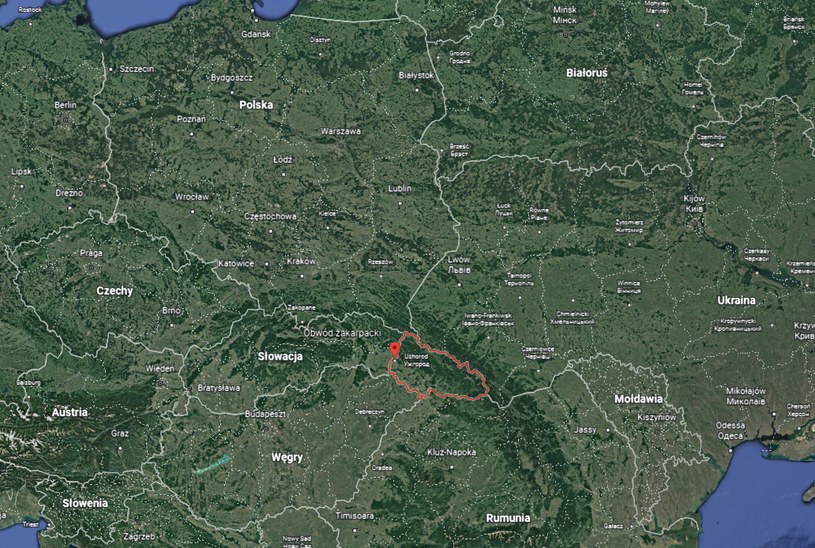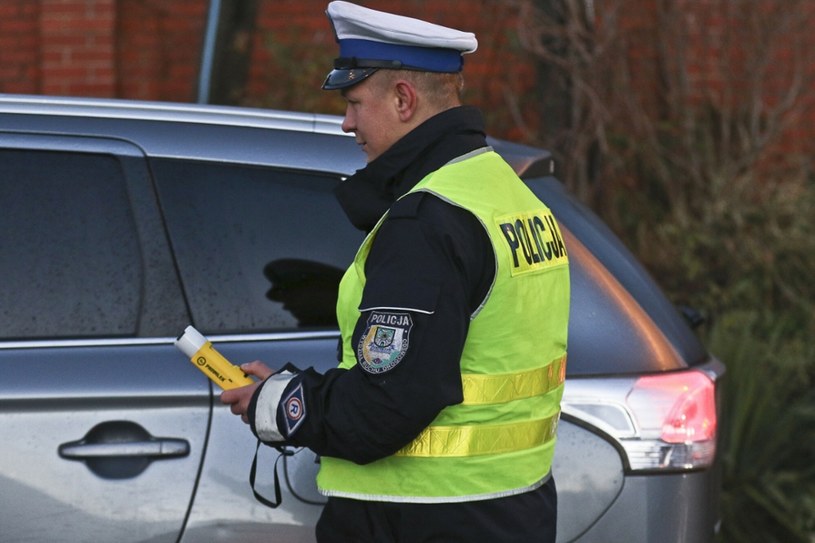The story of 8-year-old Kamil, beaten to death by his stepfather, has left Polish public opinion shocked. Yet, it also served Polish politicians to bring up the reinstatement of the death penalty.
Kamil was hospitalized in early April with multiple burns all over his body. These, as it turned out, were caused by the boy’s stepfather, who abused him by pouring boiling water over him and placing him on a hot stove, among other types or tortures.
The hospital’s personnel fought for the boy’s life for a month, but did not manage to save him. His death was caused by multi-organ failure due to a severe infection throughout his body, which had developed in long untreated and very serious wounds.
The boy’s death has shocked the Polish public opinion. The politicians condemned in strong words the behavior of the caregivers, who tortured the boy.
Polish Prime Minister Mateusz Morawiecki added fuel the fire by stating that he was favor of reinstating death penalty for the most serious crimes. Numerous media outlets immediately took this statement up and began creating headlines suggesting that Polish authorities were planning to restore the capital punishment.
Most statements of this kind came from the opposition politicians, who suggested that the ruling Law and Justice (PiS) party wants to restore the death penalty and argued that such a move would mean Poland’s exit from many international organizations, such as the European Union.

„I supporter the death penalty”
„Personally, I am a supporter of the death penalty, but it has been abolished across Europe. Given the circumstances, we should definitely reinforce the provisions of the Criminal Code concerning abuse of children, the innocent, or simply abuse of another human being, especially those torturedwith particular cruelty,” Polish Prime Minister Mateusz Morawiecki said in a reference to Kamil’s death.
He added that he had asked Justice Minister Zbigniew Ziobro to amend the Criminal Code so as to toughen penalties for abuse. At the moment, the lower limit of punishment for abuse with particular cruelty amounts to one year in prison.
„The minimum punishment for such acts is too low, which is why I instructed the Minister of Justice to address this issue and amend the Criminal Code as soon as possible. (…) Punishments should be much more severe for such monsters,” Morawiecki said.

Media and opposition accuse the government
The above statements show that the prime minister only expressed his favourable opinion of the death penalty in particular cases. Yet, he also noted that capital punishment may not be reinstated, and therefore he called for increasing the lowest punishment for abuse, which is imprisonment.
Some media outlets, however, took up Morawiecki’s statement and suggested in their headlines that the prime minister asked Zbigniew Ziobro to reintroduce the death penalty into the Criminal Code.
The examples such headlines are the following: „Mateusz Morawiecki wants to change the law: “”I support reinstating the death penalty””. He turned to Ziobro,” „Morawiecki: I am for the restoration of the death penalty. I gave an order to Ziobro on amending the Criminal Code.”
Only when reading the full article one learns that the prime minister is not proposing to reintroduce the death penalty in Poland. But not everyone read the whole message. Morawiecki faced harsh criticism from MEP of the social-democratic New Left party, Robert Biedroń.
„Rocks in the head. One must have a maggot in his brain to talk such populist rubbish. Death penalty is in force in Belarus. For Poland it would mean expulsion from the European Union and the Council of Europe,” he wrote on Twitter, posting a photo of one headline from the media.
Yet, a lot more voices have been raised threatening that PiS is going to reinstate the death penalty in Poland. These statements, are false, though, as the authorities have made no such announcement.

But what if?
People who warn that the death penalty may be reinstated, usually claim that such a step would mean Poland’s exit from the Council of Europe and the European Union.
The membership in the Council of Europe is conditional on signing the European Convention on Human Rights (ECHR) and its additional protocols. Protocol 13 of 2002 introduced a total ban on the death penalty. Poland ratified it on 1 September. 2014. Thus, reinstating the capital punishment would be a violation of the ECHR, which could result in Poland’s suspension or even its membership removal.
In the European Union, the death penalty prohibition is enshrined in Article 2(2) of the EU Charter of Fundamental Rights stating that “no one shall be condemned to the death penalty, or executed.” The Charter applies throughout the European Union, so the introduction of the death penalty would also be a blatant violation of its provisions.
Such violation would not result in a country’s expulsion from the European Union, as the treaties do not provide for this possibility. A country can only leave the EU voluntarily. It cannot be expelled.
Still, if a state is found to be at risk of violating EU values such as freedom, democracy, equality, the rule of law or respect for human rights, the mechanism of Article 7 TEU may be triggered. The Council of the European Union may decide by qualified majority to suspend certain rights of a member state, including the right of the country’s representative to vote in the Council.
Also the European Commission may take actions on its own by suing a member state to the EU Court of Justice, the judgment of which is binding on the state. The ruling, however, could not result in the country’s removal from EU membership.
Therefore, reinstating the death penalty would not mean expelling the country from the European Union. It would rather involve sanctions that could potentially be so severe it would lead to the state’s exit from EU structures or to a significant reduction of its rights as a member state.
Potential restoring the death penalty is also doubtful from the perspective of the Polish Constitution, with the Article 38 stating that „the Republic of Poland shall ensurethe legal protection of life of every human being.”

Pure populism
Scared as the opposition is by the prime minister’s statements, its concerns are most likely unfounded. Firstly, at the moment, the government is not going to reinstate the death penalty. Secondly, even if it decided for it, such a step would not automatically lead to expelling Poland from the EU, although it could potentially make Poland leave the bloc on its own accord.
Still, Morawiecki’s words should not be treated without concern. Support for the death penalty and appealing for harsher punishments in response to an individual crime is penal populism in its pure form.
Following this path any further would mean that criminal laws are no longer shaped on the basis of criminological studies or experts’ opinions, but emotions. It is not surprising that such a horrifying story as this of 8-year-old Kamil sparked strong emotions in the public. However, the state and politicians should keep a cool head. After all, political gamesmanship is not the best way to honor the memory of a boy battered to death.

 1 lat temu
44
1 lat temu
44 








![Nowy obowiązkowy przedmiot szkolny pomimo protestów. „Nowacka została ministrem właśnie po to” [VIDEO]](https://nczas.info/wp-content/uploads/2024/11/barbara-nowacka.jpg)
















 Bengali (Bangladesh) ·
Bengali (Bangladesh) ·  English (United States) ·
English (United States) ·  Polish (Poland) ·
Polish (Poland) ·